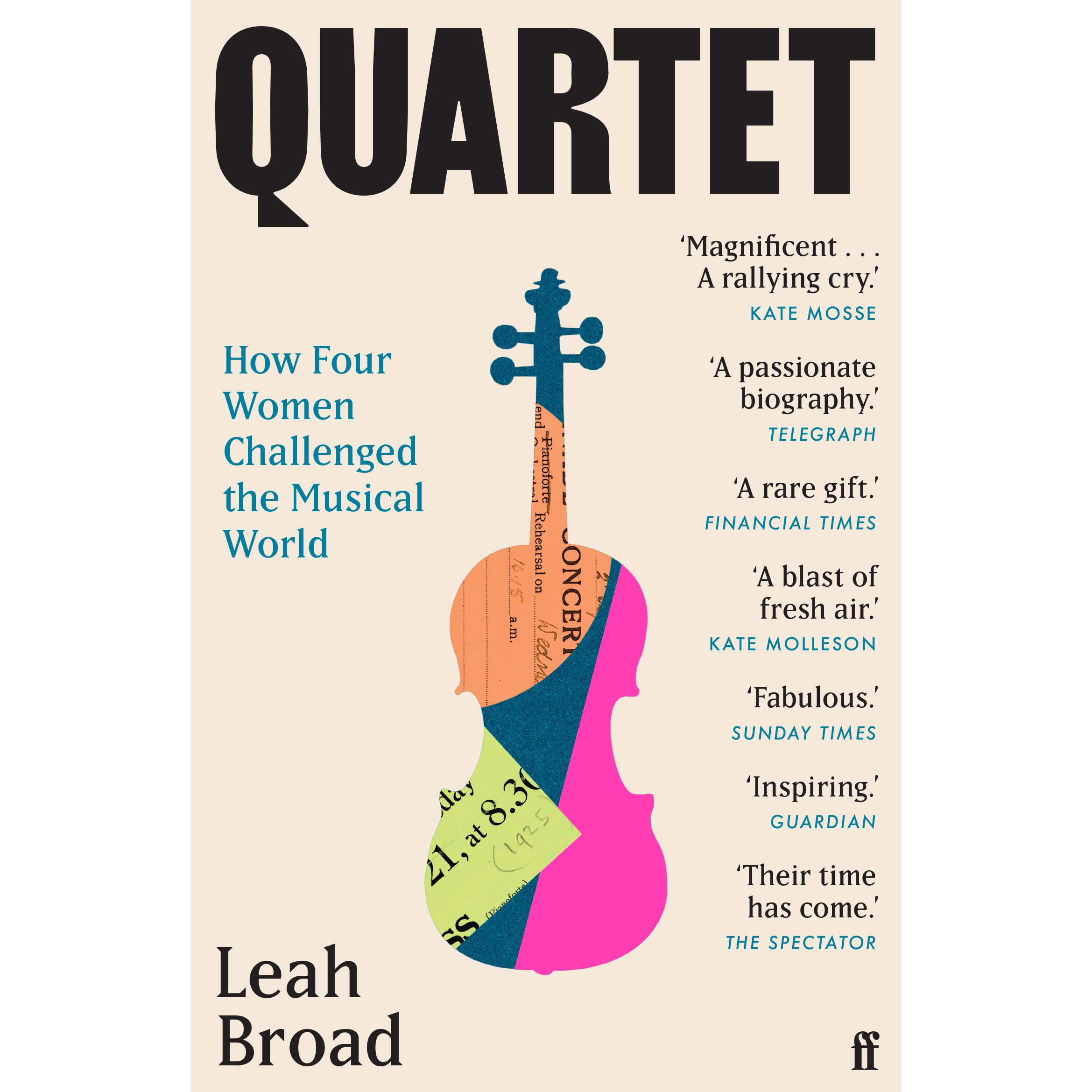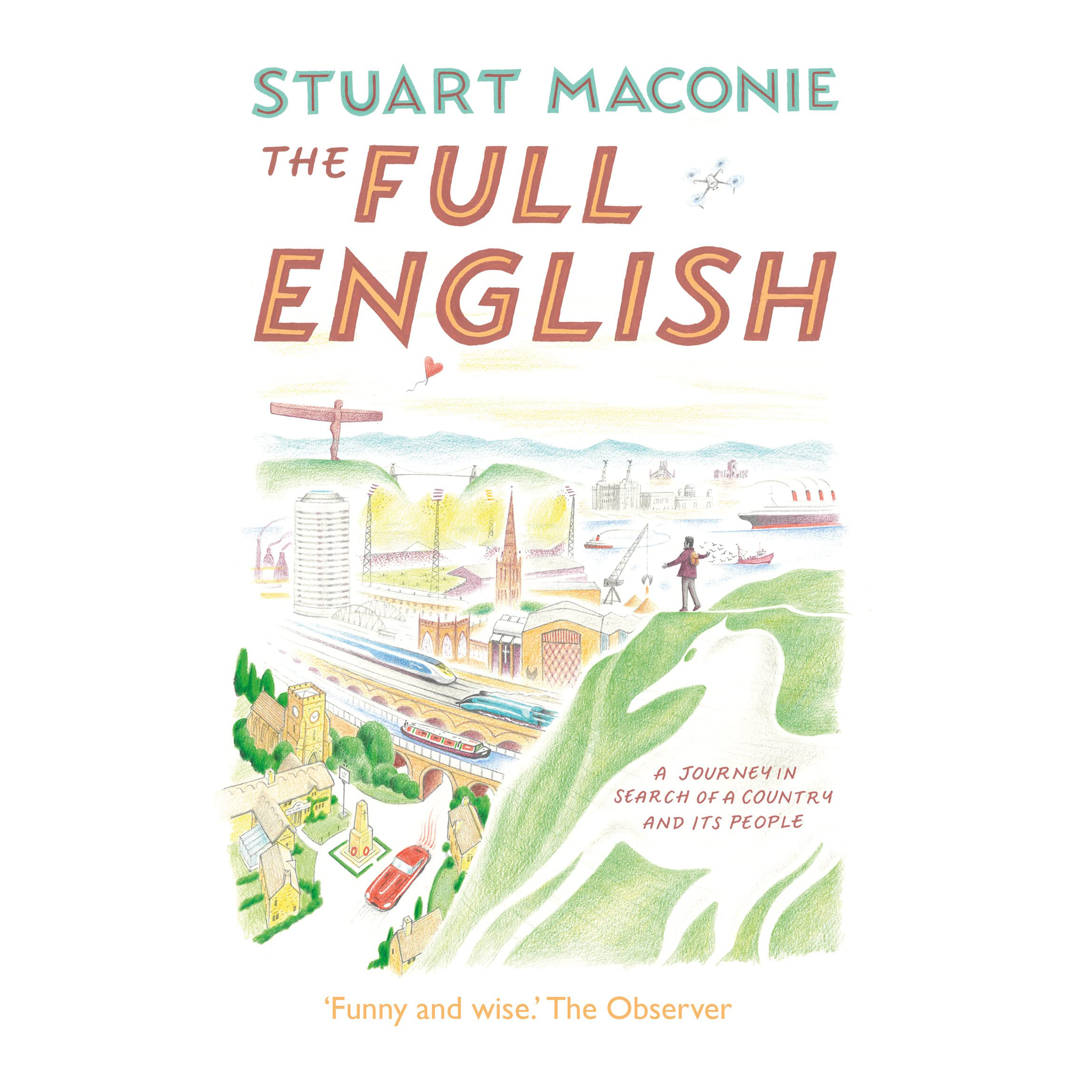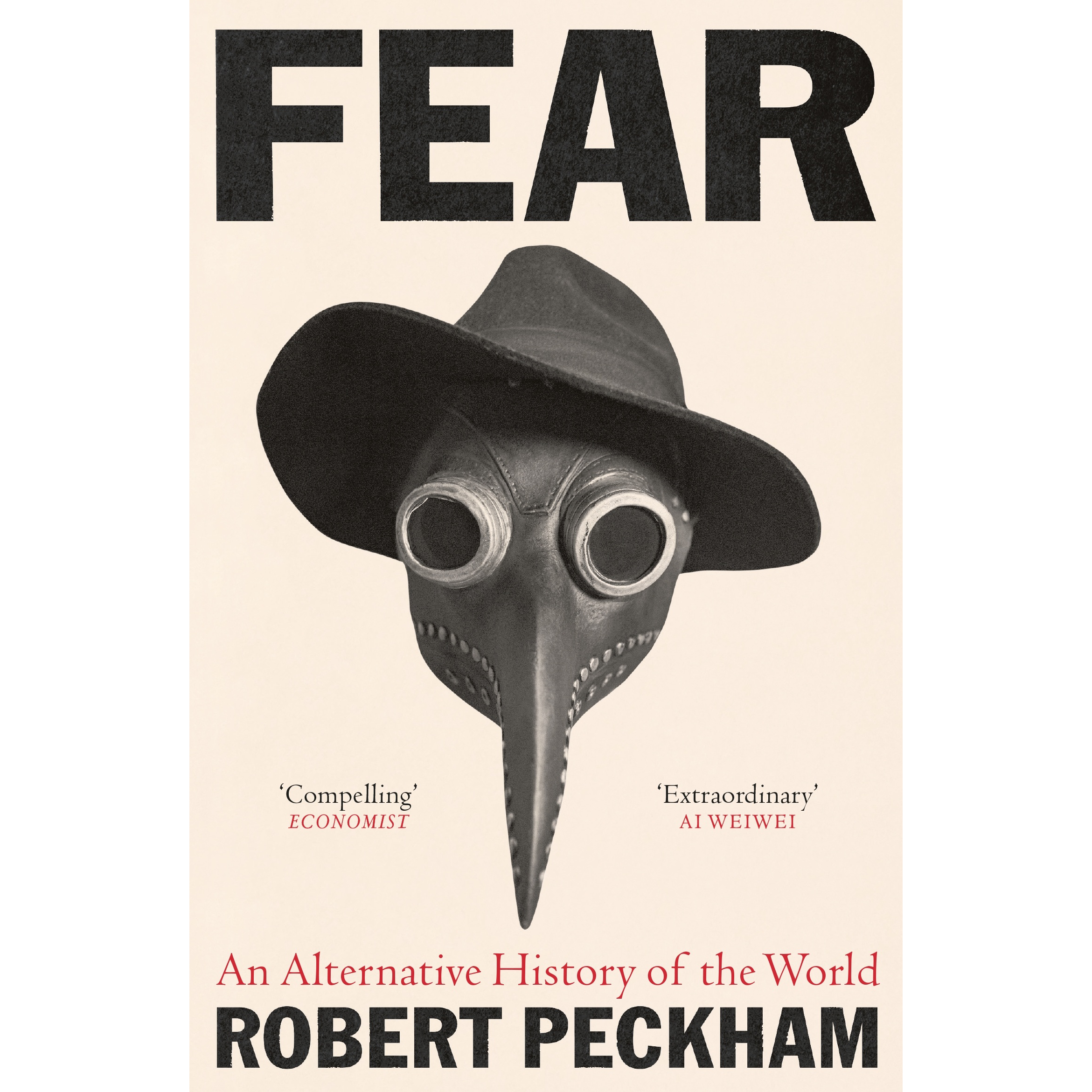The BBC
The BBC: A People's History | By David Hendy
In 1922, three men - only one of whom had previously heard of 'broadcasting' - founded the BBC. In doing so, Arthur Burrows, Cecil Lewis, and John Reith set out to accomplish something utterly bold: using what had been a weapon of war - Marconi's wireless - to remake culture for the good of humanity.
In The BBC: A People's History, professor and historian David Hendy traces the BBC from its maverick beginnings through war, the creation of television, changing public taste, austerity and massive cultural change. The BBC has constantly evolved, developing from one radio station, to television, then multiple channels and now the competition with the internet and streaming services.
This is a history of a now global institution that defines Britain and created modern broadcasting; it is also a reflection of 100 years of British history.
The BBC: A People's History | By David Hendy
In 1922, three men - only one of whom had previously heard of 'broadcasting' - founded the BBC. In doing so, Arthur Burrows, Cecil Lewis, and John Reith set out to accomplish something utterly bold: using what had been a weapon of war - Marconi's wireless - to remake culture for the good of humanity.
In The BBC: A People's History, professor and historian David Hendy traces the BBC from its maverick beginnings through war, the creation of television, changing public taste, austerity and massive cultural change. The BBC has constantly evolved, developing from one radio station, to television, then multiple channels and now the competition with the internet and streaming services.
This is a history of a now global institution that defines Britain and created modern broadcasting; it is also a reflection of 100 years of British history.
The BBC: A People's History | By David Hendy
In 1922, three men - only one of whom had previously heard of 'broadcasting' - founded the BBC. In doing so, Arthur Burrows, Cecil Lewis, and John Reith set out to accomplish something utterly bold: using what had been a weapon of war - Marconi's wireless - to remake culture for the good of humanity.
In The BBC: A People's History, professor and historian David Hendy traces the BBC from its maverick beginnings through war, the creation of television, changing public taste, austerity and massive cultural change. The BBC has constantly evolved, developing from one radio station, to television, then multiple channels and now the competition with the internet and streaming services.
This is a history of a now global institution that defines Britain and created modern broadcasting; it is also a reflection of 100 years of British history.






